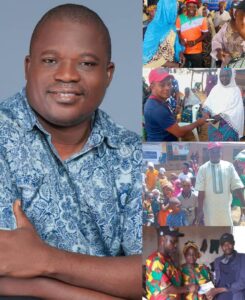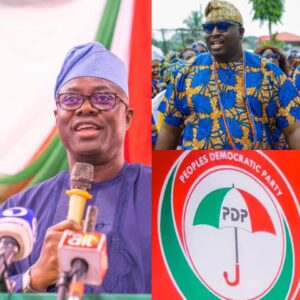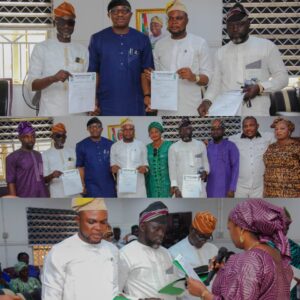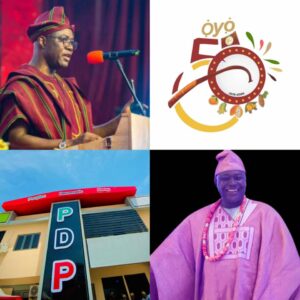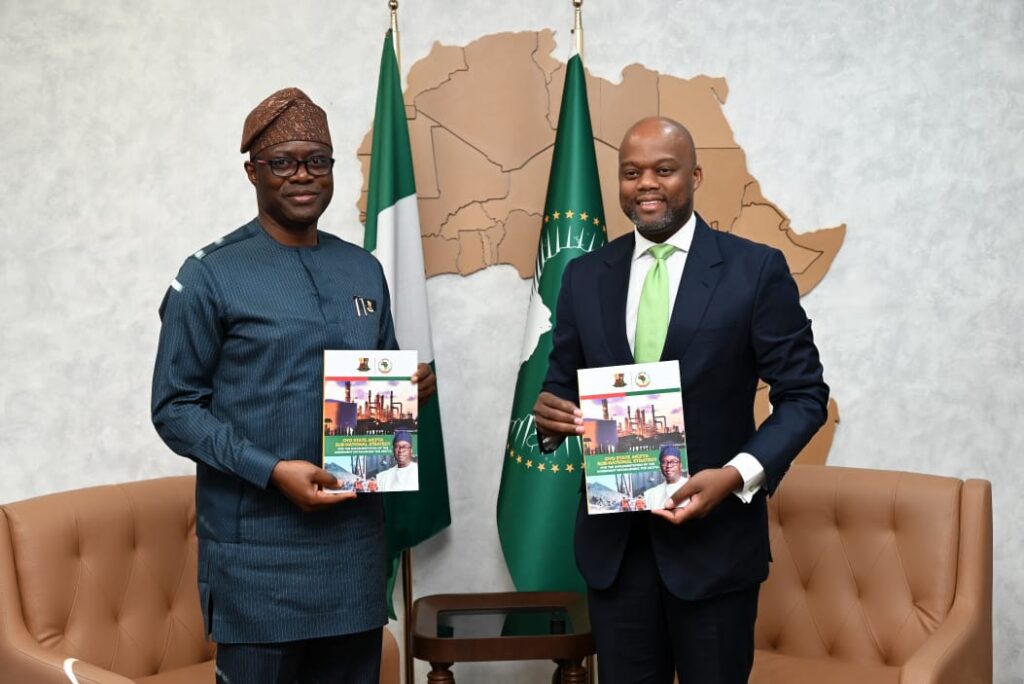
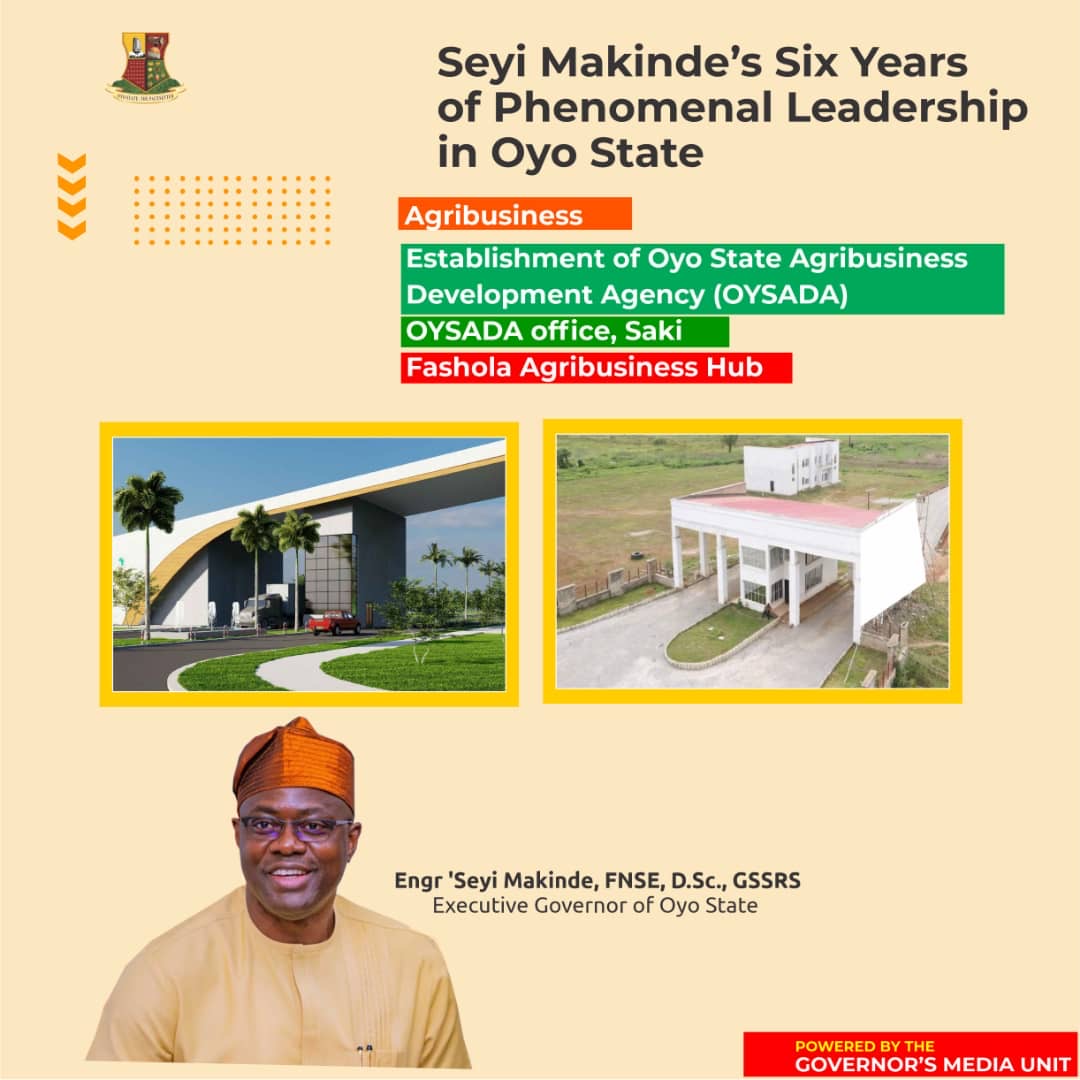
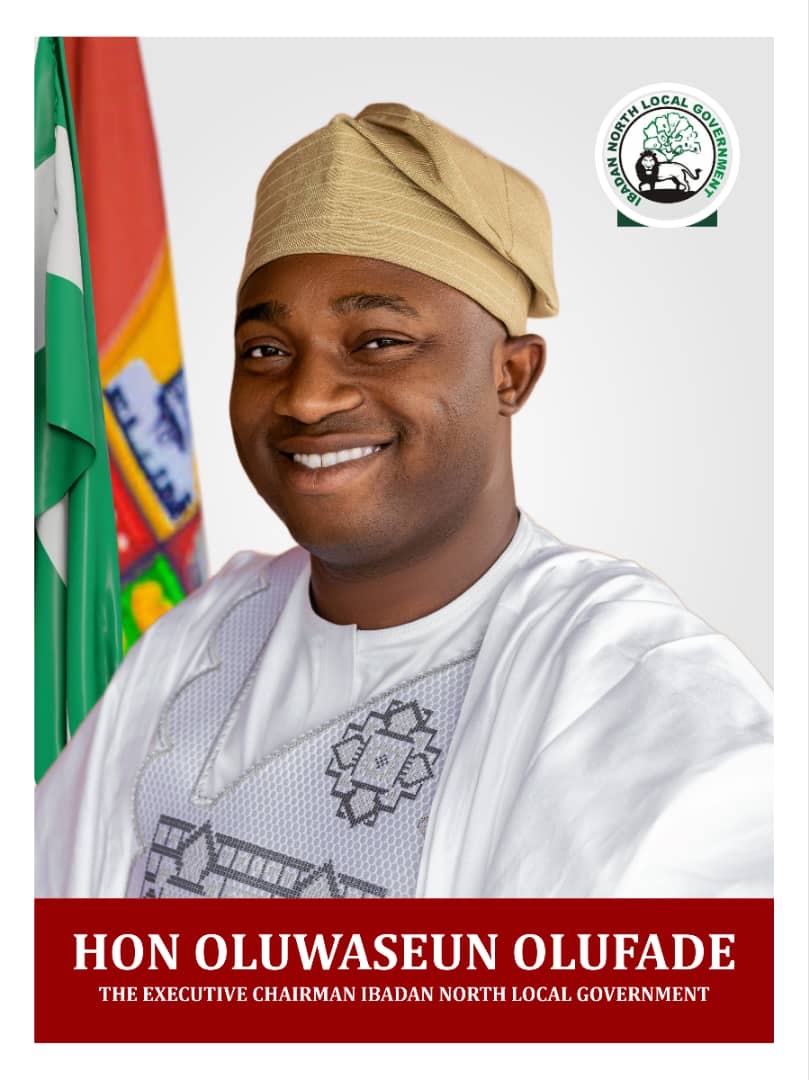
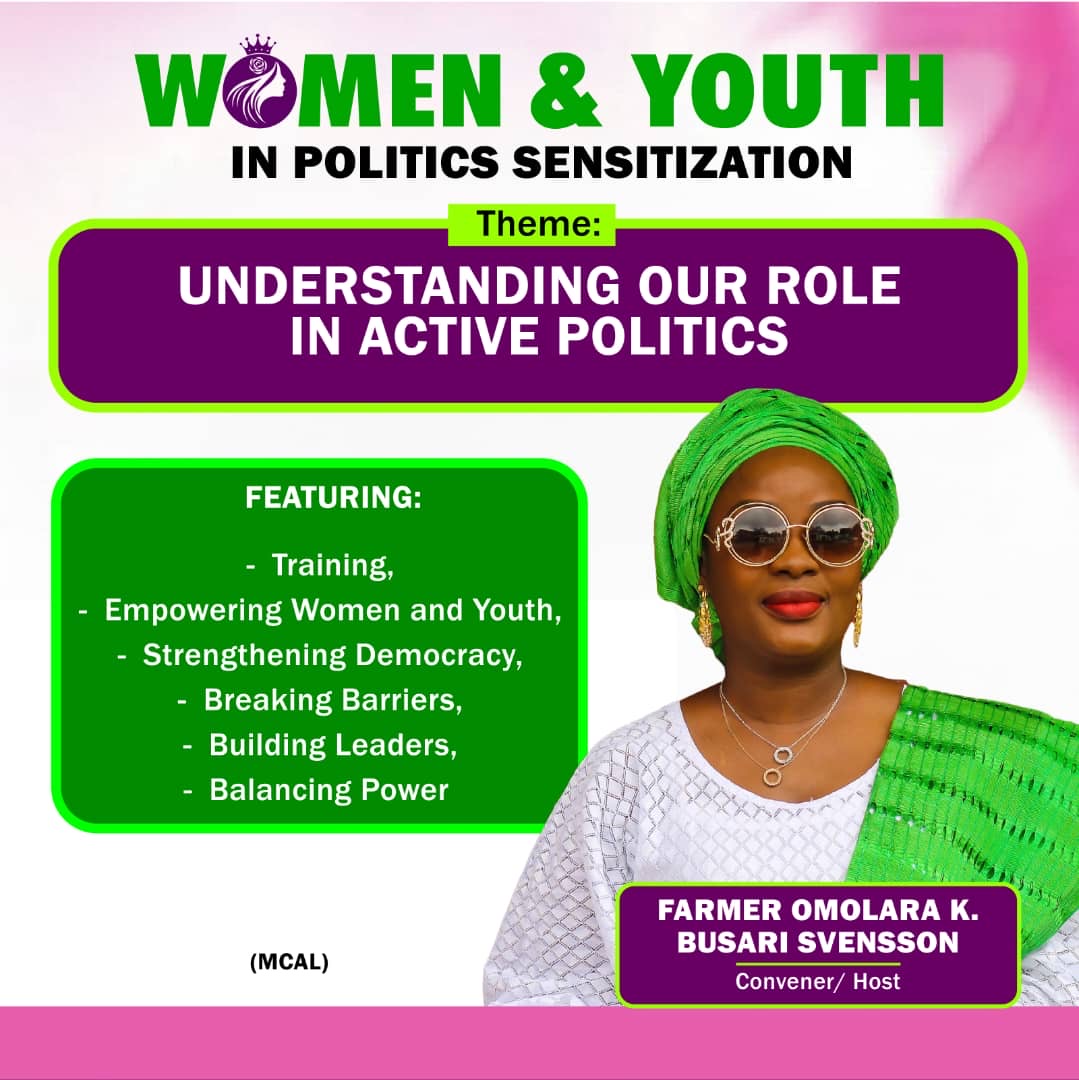
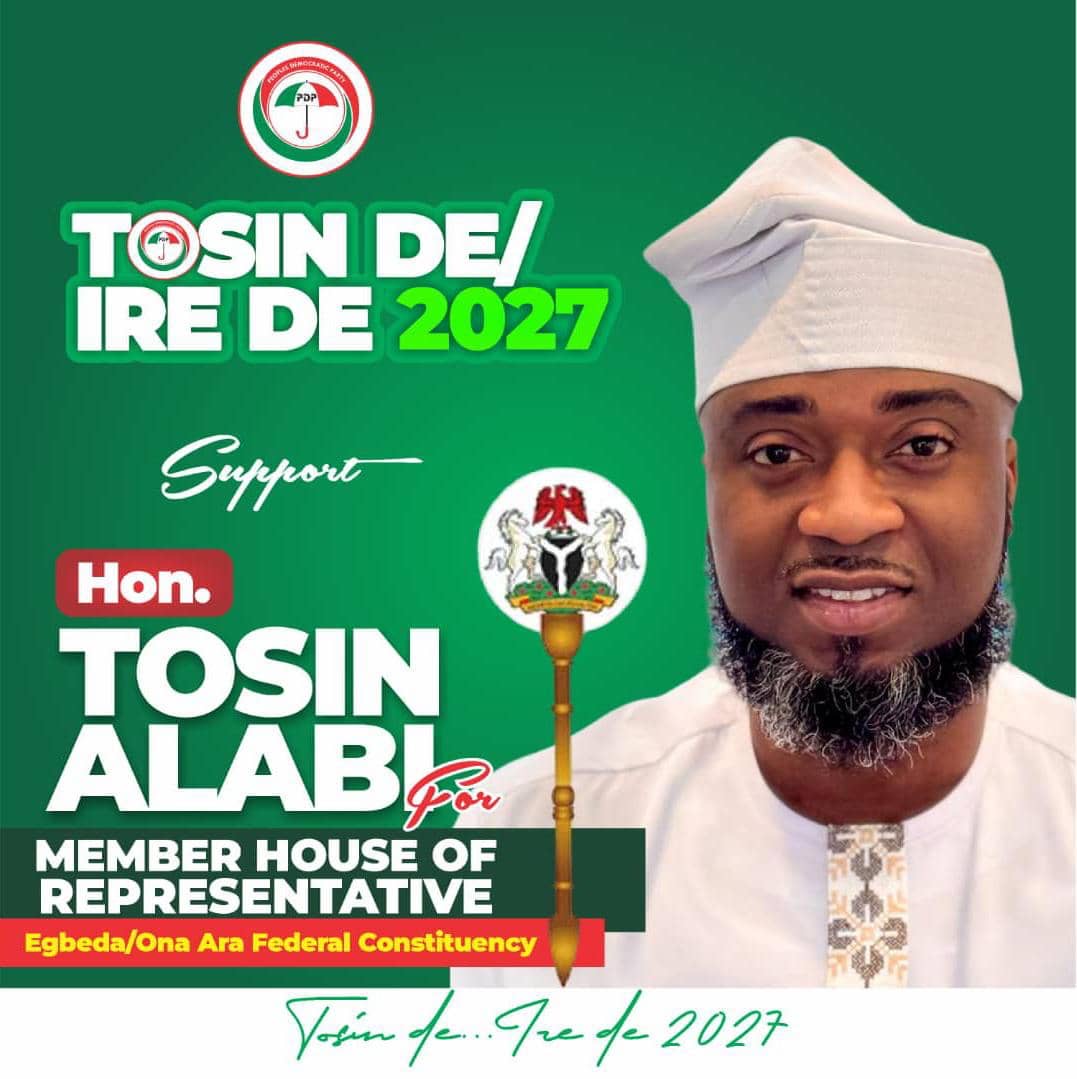
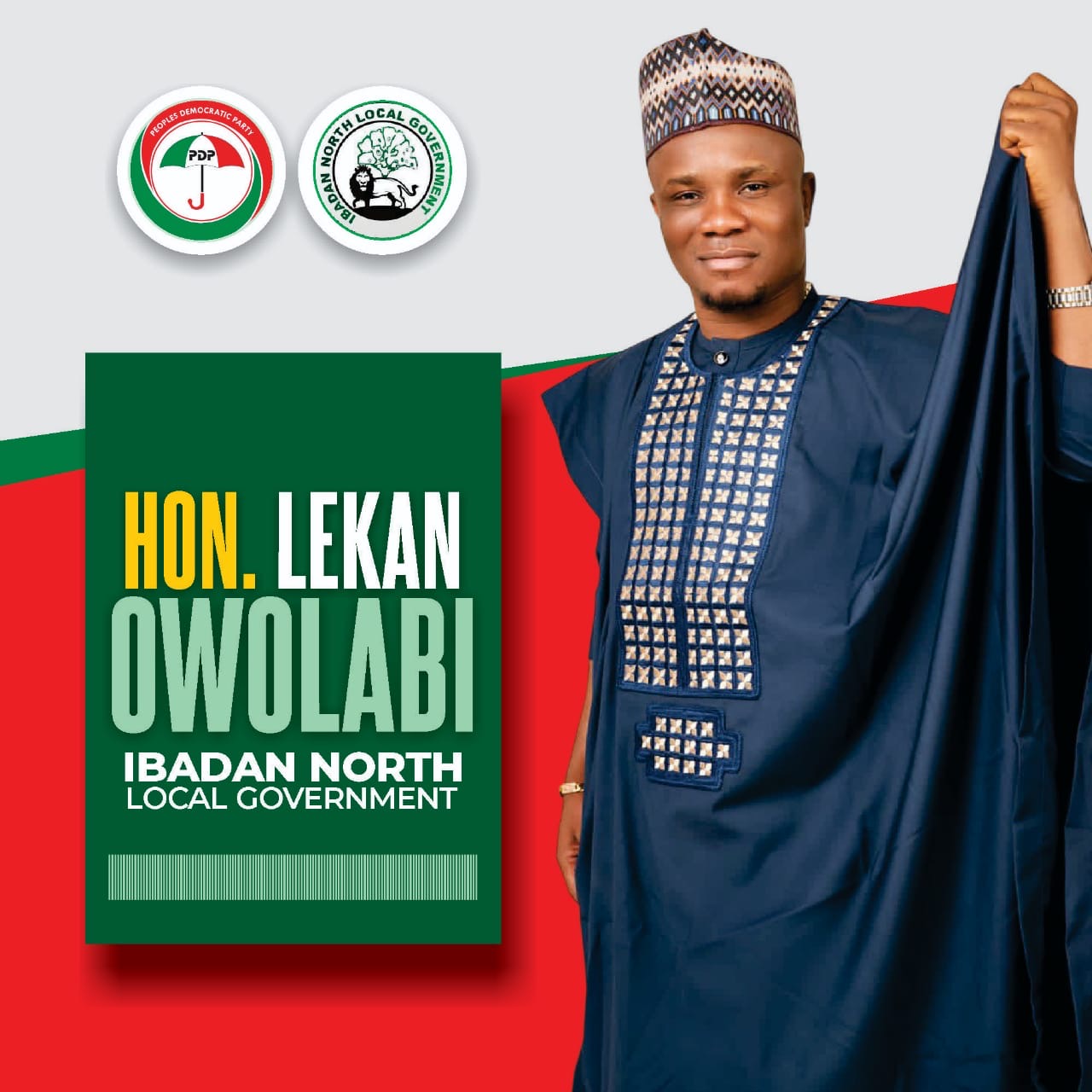
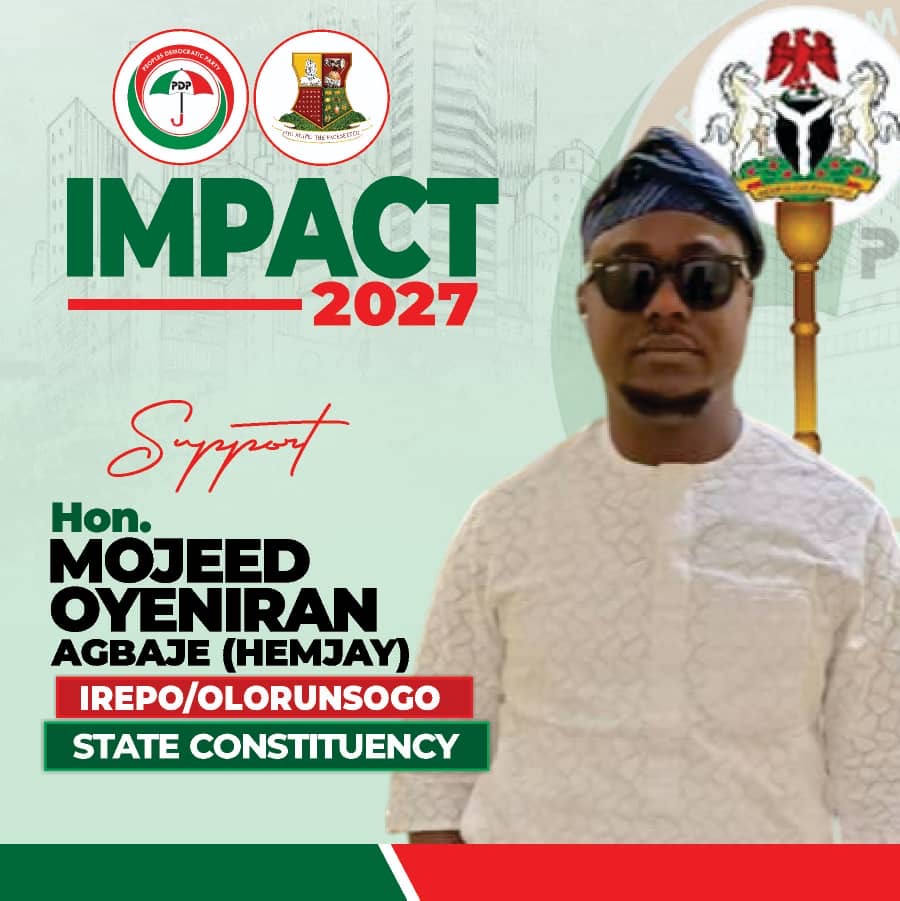
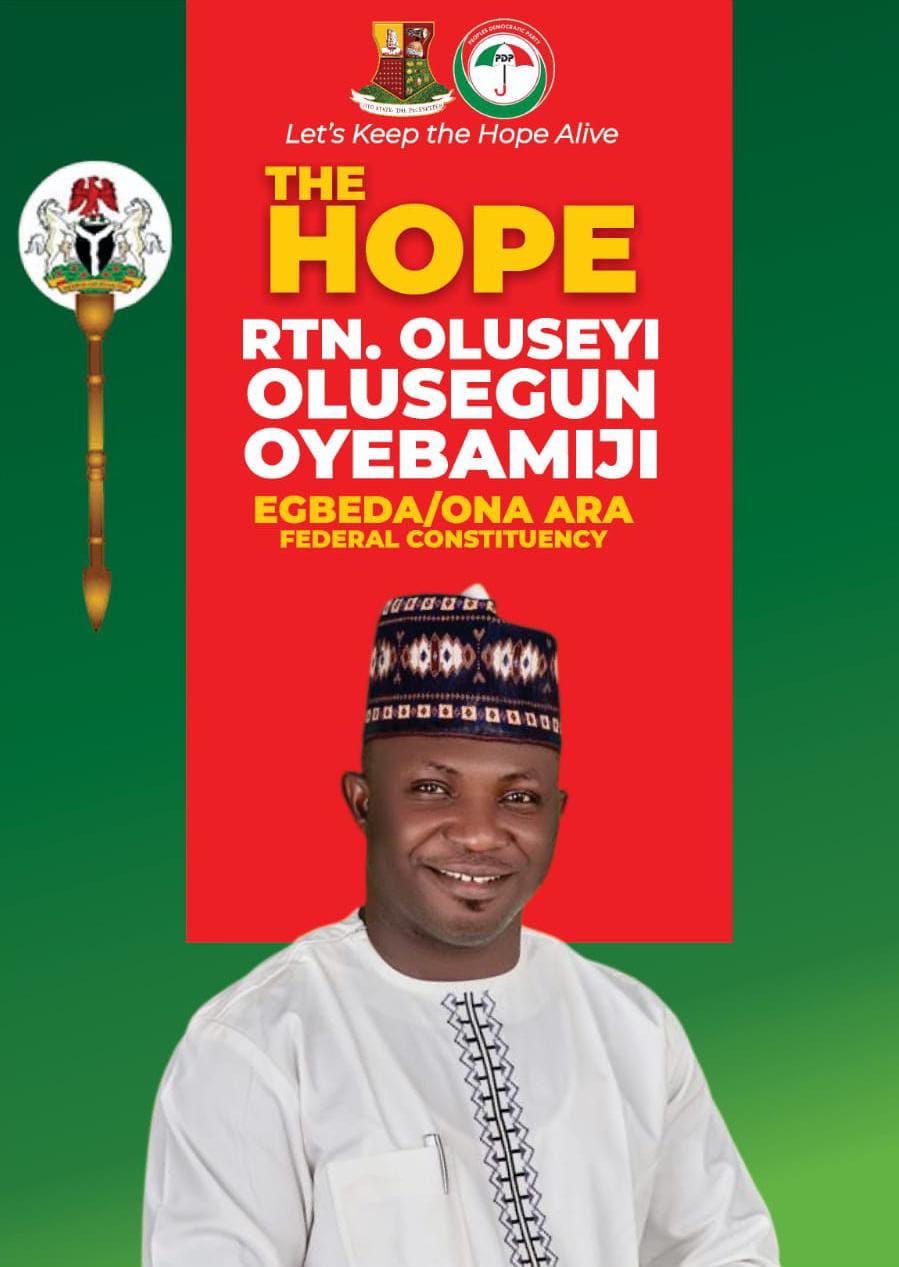
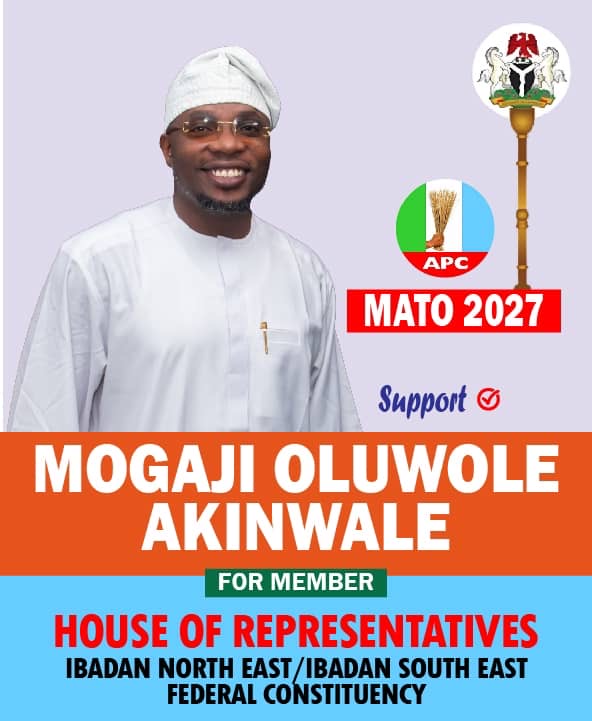
At the second edition of the African Sub-sovereign Governments Network (AfSNET) conference, held in Abuja on September 30, 2022, leaders of African sub-nationals were called upon to take ownership of the African Continental Free Trade Area (AfCFTA) and accelerate their involvement in facilitating the implementation of the programme.
The conference, organised by African Export-Import Bank (Afreximbank) in collaboration with the Nigeria Governors’ Forum (NGF), which had in attendance Nigeria’s 36 state governors as well as leaders and senior representatives of states, provinces, regions and governorates from across the African continent, was convoked to arouse the interest of African sub-national governments in AfCFTA so that its impact could percolate to every nook and cranny of the continent.
Speaking at the conference, former President Muhammadu Buhari, who chaired the event, opined that the involvement of sub-nationals in AfCFTA would be “a significant step for Africa to begin carving its own niche in the global value chain, from the constituent units up.”




He added that this would facilitate the realization of the “African Continental Free Trade Area, which remains one of the most strategic pan-African agenda to deliver inclusive and sustainable development.
“I am firmly convinced that with the right collaborative action, we will be able to record a much stronger pace of transformation.
Through shared knowledge, innovation and creativity, we will be better able to cater for the needs of the African continent’s population of over 1.4 billion people.”
In the same vein, Professor Benedict Oramah, immediate past President of Afreximbank, underscored the role of sub-national governments in turning the AfCFTA vision into reality.
He said African sub-sovereign governments are “expected to fill an important void because … whereas trade and commercial policies are national, their implementation is usually sectoral and local. Involvement of regional and local governments will make it possible for the full benefits of the AfCFTA to be realized.”
At the end of the conference, participants agreed that sub-nationals had a pivotal role in drawing down the benefits of AfCFTA and resolved to quicken the process of domesticating the AfCFTA strategy for the benefits of their people.
However, three years down the line, only one sub-national, out of the 591 in Africa, that is Oyo State, led by Governor Seyi Makinde, has successfully launched its African Continental Free Trade Area (AfCFTA) implementation strategy.
Perhaps, Makinde saw what other heads of sub-national governments did not see.
Governor Makinde has always harped on the fact that no economy can achieve optimal growth if the focus is merely to satisfy the local market.
He believes that for a state to experience sustainable growth, it must adopt the export-oriented industrialization strategy, which has the advantage of domestic job creation, increased productivity, innovation and the expansion of technology.
While declaring open the 2024 edition of Oyo State International Trade Fair known as “EXPOYO 2024,” the governor had said, “For us in Oyo State, we are not giving up … It is about time we changed our orientation.
People will talk about what we produce in Nigeria and showcase the economic potential of Oyo State.
We are not interested only in things that we will consume locally in Oyo State.
Import substitution means you are looking at only your own market. Export orientation means we want to produce here and sell to the world and earn the necessary foreign exchange.
“For us here, it is a challenge for the industrialists in our midst. We must develop our export market and attract foreigners.”
So, the AfCFTA, which was established in 2018 by the African Continental Free Trade Agreement to create a single market for goods and services across Africa, leading to a single customs union that allows for the free movement of goods, services, and business travelers, perfectly fits the picture of a route through which the enterprising people of Oyo State could reach the whole of Africa.
Makinde knew that Africa’s 1.4billion population and a combined GDP of $3.4trillion, represented a huge opportunity for the people of the state to tap from should the AfCFTA implementation strategy be domesticated by the government.
Consequently, shortly after his inauguration for a second tenure, Governor Makinde decided to begin the process of domesticating the AfCFTA implementation strategy in the state.
In 2024, he appointed Ms Neo Theodore Tlhaselo, an International Trade, Business Development and Communications expert and Founder/CEO of Conversation with Africa, an organisation promoting Intra-Africa Trade, Africa’s Integration Agenda, the AfCFTA and Agenda 2063, as his Special Adviser on International Trade and AfCFTA.
In December 2024, the state held a Consultative Forum on the Development of the African Continental Free Trade Area (AfCFTA) Sub-national Implementation Strategy for Oyo State at the International Conference Center, University of Ibadan, where Governor Makinde espoused the seven areas where AfCFTA would be beneficial to the state.
The governor said: “Since 2019, agribusiness has been one of the key drivers of the Oyo State economy.
With cash crops like cocoa, cassava, maize, yam, and cashew nuts, we have agricultural produce that we can export to other African countries.
“This leads us to point number two: facilitating the establishment of agro-processing industries to convert these raw produce into high-value exports.
“I must say that this is the route that we have chosen here in Oyo State. We have made it one of our key policies to create an enabling environment for the private sector to thrive.
Presently, we are working on constructing agro-industrial hubs.
One at Fasola, in Oyo West Local Government Area, which is about 90 per cent complete and the other, which we just started at Eruwa in Ibarapa East Local Government Area.
“We are open to further private public and development agency partnerships.
“A third way that AfCFTA can benefit Oyo State is in trade and logistics.”
Other areas identified by Governor Makinde are; liberalisation of services trade, opportunities for Small and Medium-sized Enterprises (SMEs) to access larger African markets, tourism and infrastructure.
Early in 2025, Governor Makinde visited the AfCFTA headquarters in Ghana to signify his intention to work with AfCFTA to have the implementation strategy domesticated in Oyo State.
With that visit, Makinde became the first sub-national government head to be hosted by the body.
In June 2025, the Secretary General of AfCFTA, His Excellency Wamkele Mene, visited Oyo State to consolidate the collaboration between the AfCFTA and Oyo State and to see investment opportunities available in the state.
On September 12, 2025, His Excellency Wamkele Mene launched the Oyo State Sub-national Implementation Strategy for the African Continental Free Trade Area (AfCFTA) at the International Conference Centre, University of Ibadan.
In his speech at the event, the AfCFTA Secretary-General lauded Governor Seyi Makinde for his vision in recognising the importance of AfCFTA and in driving the launch of the implementation strategy.
He said, “AfCFTA is not a distant aspiration, but a present day opportunity to unlock prosperity, create employment for young people, for players in the informal sector, for farmers, entrepreneurs and manufacturers in Oyo State.
He said: “The AfCFTA Secretariat stands ready to work with you, to support you within our modest means to implement this strategy, to ensure that when we say Oyo State was thexzza dddddfirst state across the continent to have a sub-national strategy that that does not end as a slogan, that indeed it does become a reality.”
On October 16, 2025, Oyo State Government hosted a Post-Engagement meeting on the Sub-national AfCFTA Implementation Strategy and on Friday, October 17, Governor Makinde submitted the post-launch engagement report as part of the administrative processes required for Oyo State to be officially listed as a party to the agreement.
Right from the commencement of his foray into the public space, Makinde has been a trailblazer.
Less than six months after his assumption of office as Oyo State governor, COVID-19 broke out.
The strategy deployed by the Federal Government was to lock down the whole country, but Makinde, relying on science, data and logic, refused to lock down the state, saying many people in the state depended on daily earnings and locking down the state would consign them to hunger and probably death.
So, he allowed markets and offices to open. He also allowed farmers to go to their farms. But to curtail the spread of the virus, the state government encouraged social distancing and made wearing of face masks in public places mandatory.
However, despite his different approach to handling the COVID-19 crisis, confirmed cases and casualties in Oyo State were far below the national average.
So, about two months later, in spite of the rising cases of COVID-19 in the country, the federal government made a 180-degree-turn and adopted Makinde’s proposition.
Realising the blow that the total lockdown was having on the economy, the central government relaxed the restriction order and allowed people to go about their businesses with the proviso that they had to wear a mask.
Though Makinde was initially pilloried for daring to be different, he was later praised when it became obvious that his decision was logical and data-backed.
Makinde is the first governor in Nigeria to make the promotion of agribusiness a policy because of his belief that the state could earn much more than it was earning from agriculture if it would tweak its agricultural policy.
So, while Makinde saddled the Ministry of Agriculture and Rural Development with the responsibility of supporting smallholder farmers to improve their yields and increase their output, he set up the Oyo State Agribusiness Development Agency (OYSADA) to promote production for local consumption as well as export.
Fasola Industrial Hub, which has now been designated Nigeria’s first Special Agro-Industrial Processing Zone by the African Development Bank (AfDB), became the pilot.
Fasola currently hosts about 14 national and multinational companies and has played host to no fewer than 16 states from Nigeria and five African countries that came to study the template.
The icing on the cake was the visit by Dr Julius Maada Bio, President of Sierra Leone, who visited Fasola as part of efforts to promote his Feed Salone Initiative.
Now, following Makinde’s examples, many states are going the agribusiness way.
In February 2025, Oyo State became the first sub-national in Nigeria to introduce health insurance scheme for public school pupils.
The scheme will provide health insurance cover for about 10,000 pupils across the state.
It is also meant to provide public school children with access to quality healthcare through the Oyo State Health Insurance Agency (OYSHIA).
So, apart from investing in education infrastructure and personnel, the state is also ensuring that irrespective of a child’s background, he has access to good healthcare.
Now, following in Makinde’s footsteps, some states are jostling to introduce health insurance scheme for public primary school pupils.
Early in the year, Oyo State became the first African sub-national to be listed as a member of the World Union of Wholesale Markets (WUWM) in recognition of the state’s commitment to building a globally competitive agri-food system.
WUWM is a global network that promotes innovation, food safety, and sustainable market systems across the world.
As a follow up to this, the state signed an agreement with Semmaris, the organization that runs the Rungis International Market, the second largest wholesale food market in the world, for the development of a modern agri-food market in Ijaiye, Ibadan.
Speaking about the importance of building the market, Governor Makinde said, “This market will be a world-class aggregation and distribution centre for fresh produce, integrating cold chain infrastructure, logistics, food safety systems, and real-time market data.
It will not only reduce post-harvest losses, which currently account for up to 40 per cent of produce waste in Nigeria, but also link our farmers more efficiently with national and regional markets.
“More importantly, it will formalise and dignify the experience of trading fresh produce in Oyo State, and Nigeria.
We envisage a future where a tomato farmer in Iseyin can confidently sell to a supermarket in Lagos or even export, knowing that the infrastructure is in place to preserve the quality, traceability, and profitability of their produce.
“We see this project as a catalyst — one that will draw in investors, empower SMEs, create jobs, and integrate Oyo State more deeply into the global agriculture value chain.”
Over the years, Makinde has carved a niche for himself as a pacesetter in Nigeria.
But with the recent feats of Oyo State being the first sub-national in Africa to be listed as a member by the World Union of Wholesale Markets as well as the first to be listed as a party to AfCFTA, Makinde has taken his pacesetting leadership beyond the shores of Nigeria to the heart of Africa.
Dr Olanrewaju is the Special Adviser (Media) to Oyo State Governor.


